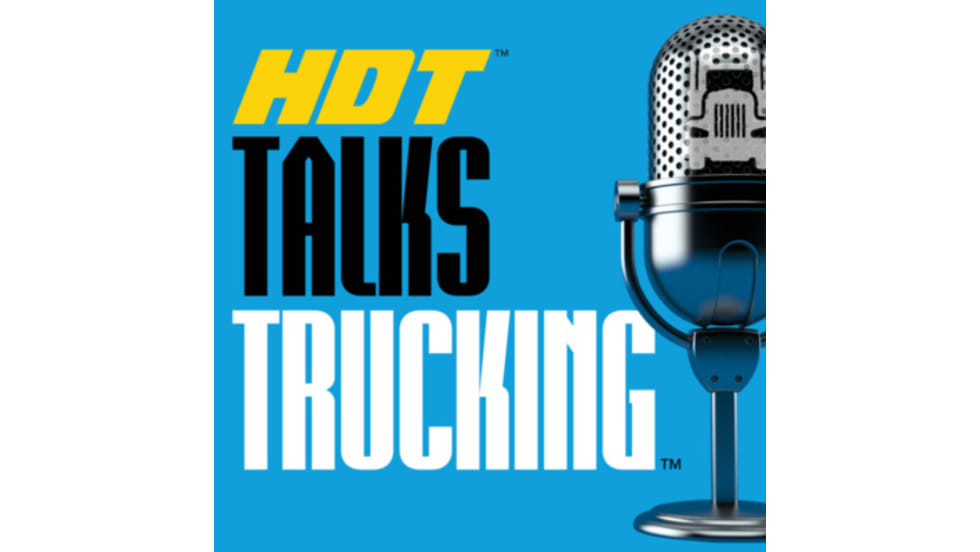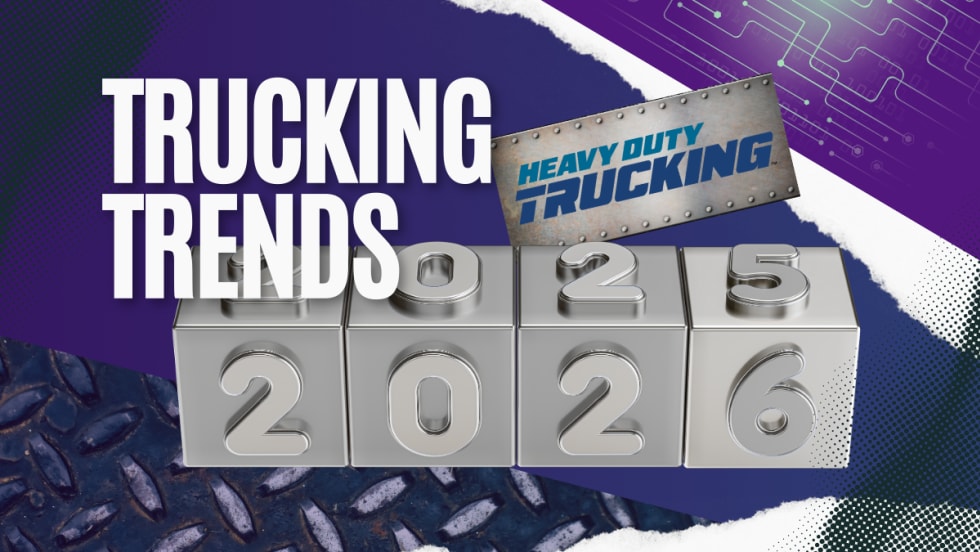This time last year, I also wrote about hydration. After all, August is the hottest month of the year. But this time, I want to focus in particular on caffeine, since it is extremely popular among truck drivers and is believed to impact hydration. And there are still questions and debates around its safety and impact on overall health.
Caffeine is the most widely used psychoactive drug in the world, according to a 2017 paper published in Frontiers in Psychiatry. For many truck drivers, it can feel as essential as food and air. But is it safe? How much is too much?
There have been many studies of caffeine over the past 30 years, with various results and sometimes resulting in extreme conclusions:
“Caffeine leads to heart disease.”
“It’s extremely dangerous and filled with toxins.”
"it's a super drug that’s loaded with antioxidants and gives us super-brains.”
Caffeine and Truck Drivers: Looking at the Big Picture
It’s important to know that no food or drug affects any two people in the same exact way. While there can be guidelines to follow, it’s really about self-awareness to know if coffee is good for you and how much is safe.
While studies indicate that caffeine can improve cognitive function, memory, focus and even mood, we have to look at the whole picture.
One critical factor is that most studies that showed the positive benefits of caffeine were done on subjects who were sleep-deprived or had been taken off caffeine for a period of time prior to the study in order to more clearly define the effects of the caffeine. Since caffeine is a stimulant, our bodies will adapt to it, requiring more and more over time for similar effects. Therefore, those same benefits shown in the studies do not replicate over a longer period of time, starting as little as several weeks after consuming caffeine regularly.
This reduction of effectiveness helps explain the explosion of the energy drink market. Many of these drinks contain as much caffeine in one can or bottle as three to five cups of coffee. Truck drivers’ long hours behind the wheel, coupled with irregular sleep schedules, lead to fatigue and sleepiness while driving. As a result, highly caffeinated drinks or large amounts of coffee are not only appealing, but often seen as essential.
With that comes the added risks that fleets need to be aware of and educate their drivers about.
What Fleets Need Their Drivers to Know About Caffeine
According to several studies, truck drivers who drank higher amounts of caffeine were in more accidents than those who drank two cups of coffee or less per day. One of the main reasons is that high doses of caffeine come with a greater energy crash, which brings about deeper states of fatigue. Additionally, high doses of caffeine often disrupt sleep, again making things worse when it comes to a driver’s ability to focus and remain alert.
Two cups of coffee and a 15-minute nap, all done at least seven hours before bedtime, is the ideal remedy for maintaining focus and energy without disrupting sleep.
Each of us has a different level of sensitivity to caffeine. We need to be aware of how much caffeine impacts our sleep as well as our heart rate. If you notice that you fidget a lot more or become irritable after consuming caffeine, or your heart begins to race, you may be more sensitive to it. The more sensitive you are to caffeine, the less caffeine you need to reach a point where it disrupts sleep.
Many drivers also suffer from heart disease, or from metabolic syndrome, which is the precursor to heart disease and other chronic diseases. It’s important to realize that if you are at risk, it’s best to limit your caffeine to no more than two cups or 180 mg of caffeine.
We encourage fleets to share this information with their staff and drivers to keep everybody’s health and productivity strong.
Sergio Rojas, a 2018 HDT Truck Fleet Innovator, has more than two decades of experience as a personal trainer, nutritionist and health coach. Certified in a variety of nutrition and fitness disciplines, he holds a bachelor’s degree in psychology, was a health expert for NBC for 11 years, and has worked in the trucking industry as a wellness consultant.













